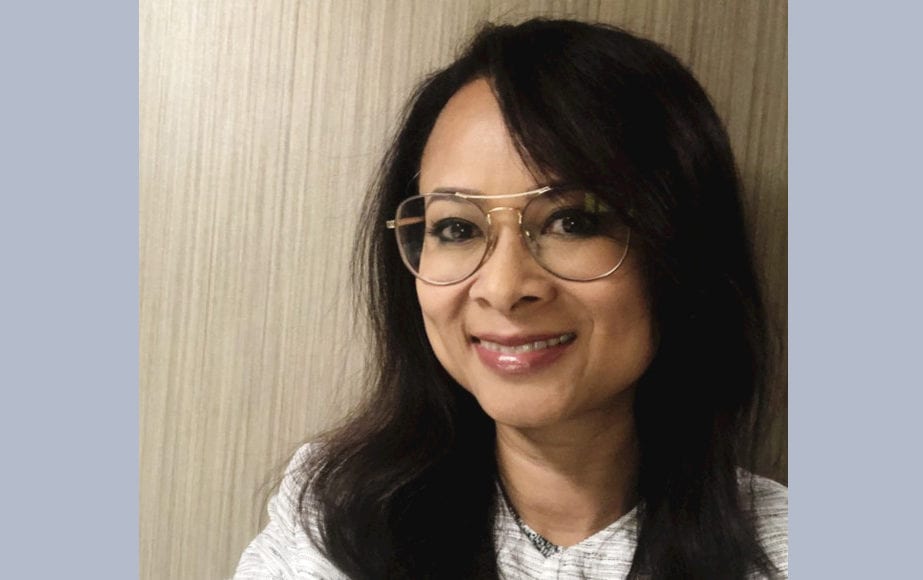Countries which lack the necessary skills and experience in the oil and gas industry run the risk of slowing down development of their petroleum resources if local content requirements are not realistic and lack flexibility.
So says Angele Ramsaransing-Karg, Manager at Staatsolie Hydrocarbon Institute in Suriname. She explained that oil and gas exploration and development is extremely high risk and capital intensive, requiring a lot of highly specialized skills, personnel, and equipment. “They are very dependent on international companies to provide these items to them, and with the import of expats and equipment etc., we decrease the net value that the host government would have if those items were not imported.”
Ramsaransing-Karg said in response to this, governments adopt policies to ensure the local population benefit from the development of the resources. “So, when local content regulations are developed, they differ from country to country all depending on the development phase of that country and the industry that it applies to,” she stated.
She said often the goal is to diversify economies to avoid the Dutch Disease, resource curse or encourage capacity building and training for nationals or for suppliers to promote partnerships with local companies. Also, in some cases, the objective is to create and develop a world class service industry in the host country.
“But a challenge with the local content and extractive industries is that the extractive industries have a fairly high capital to labour ratio… So, take into account that the capital to labour ratio is very high and in need of specialized technical requirements or skills,” Ramsaransing-Karg stated. “We can see how creating labour, creating employment can be challenging when creating local content requirements.”
She said for Suriname, where three significant offshore discoveries have been made to date, the tendency has been to look to Guyana, where offshore production has already started and discovered recoverable resources stand at more than 8 billion barrels of oil equivalent. Eighteen discoveries have been made since 2015 at the Stabroek Block, where US oil major, ExxonMobil is operator. The company has said more than 2000 Guyanese are supporting its operations, representing 55 percent of the total workforce.
“One of the things that struck me is that when countries find a discovery, they have the tendency to say “okay, we’re going to make a local content law and policies and regulation and guidelines”, and I’m not saying that’s wrong, but there are a lot of examples in the world where this has led to more pain than a gain,” she pointed out.
She said while there are countries where this approach went well, “there are a lot of other examples where it didn’t,” further adding, “So when we’re looking at the development of local content, let’s not be too quick to say “oh, we are going to have a law or a policy and then we’re going to have regulations and guidelines as they have in certain countries.”
In this regard, she said it is important that Suriname pays attention to what works best as it begins the journey of developing its own deepwater petroleum resources.
“So, let’s see what works for us. And also, when designing the local content requirements, it’s very important to be transparent in the…development process, the monitoring of that local content in the country but also very important to include the sector when developing the local content,” she pointed out. “So, I’m thinking about the IOCs, the business society, when developing local content because we saw some policies can be very negative for the petroleum sector.”
She said one of the lessons learned was to ensure that policies or requirements are not vague, because this provides the opportunity for it to be misused.
“And obviously, being too prescriptive [means] that you’re not going to be flexible if changes need to be made. Also, very important is to have realistic targets when drafting these requirements,” Ramsaransing-Karg said. “For instance, if we are going to say we need people from a certain level, if we don’t have enough in Suriname, we’re not training people, all the people from other companies will be taken out and used for the petroleum sector which will have a negative effect on other sectors, obviously.”
Notwithstanding the potential pitfalls of implementing prescriptive policies, she said having requirements is ultimately good for the country. “So, within Staatsolie, we always …we’ve had these local content obligations in our petroleum agreements, and we have them since 1980 and still have them in our agreements.”
She said an effective approach is to be “very inclusive with the IOCs, business society, etc. when developing local content,” noting that, “A coordinated approach is the best way to go about it.”
Ramsaransing-Karg made these remarks during a presentation at the One Basin Three Nations Oil and Gas webinar held on September 24.



